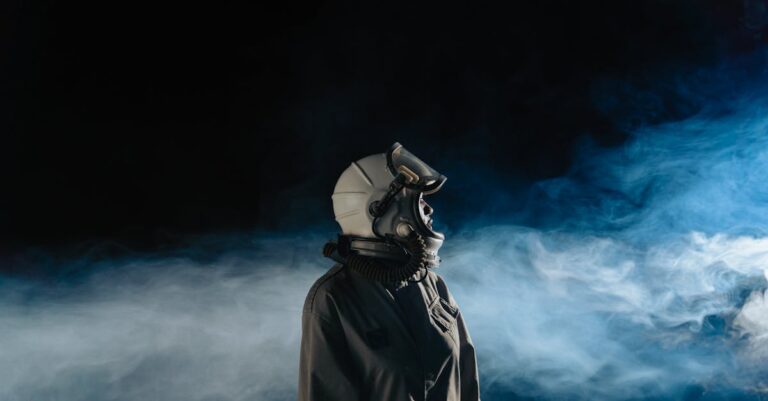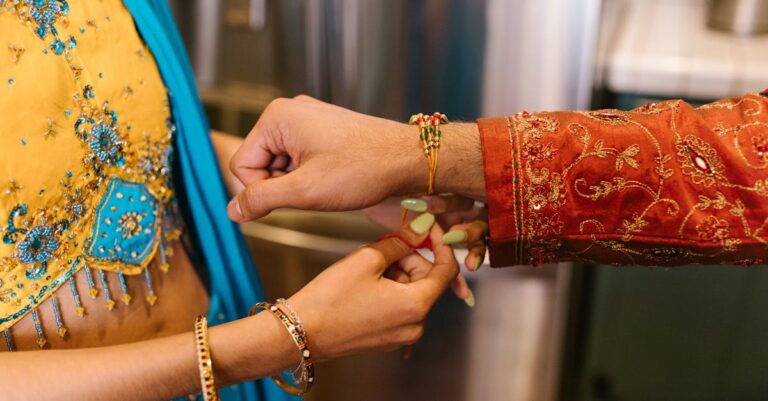
The air reeked of iron and burnt hair, a stench that clung to the skin like a second layer. Clara knelt beside the cot, her fingers tracing the outline of the boy’s hollow cheek. His breaths came in shallow rasps, each one a battle against the fever that had taken root in his lungs. She dipped a cloth into the lukewarm water bucket and pressed it to his brow, wincing as the heat seeped through her gloves. The camp hospital was a graveyard of whispers—doctors muttering over corpses, nurses scrubbing blood from the floor until their knuckles bled, and the wounded moaning in a language that no one else spoke.
“You’re not supposed to be here,” a voice cut through the din. Clara turned to see Major Halvorson, his uniform stiff with dust, his eyes sharp as broken glass. He stepped closer, his boots crunching over scattered splinters of wood. “This isn’t a place for women.”
“It’s a place for sick men,” she said, not looking up. “And I’m the only one who’ll listen to them.”
Halvorson’s jaw tightened. “You think you’re saving them? You’re just delaying the end.”
Clara finally met his gaze, her own eyes dark with exhaustion. “Then let me be the one who delays it.”
The major exhaled through his nose, a sound of frustration. “You’ll die here, Clara. Or worse—”
“Or worse what?” she asked, her voice steady. “That I’ll see what they see? That I’ll feel what they feel?”
He didn’t answer. Instead, he turned on his heel and stalked away, his boots echoing like gunshots in the still air. Clara returned to the boy, her hands moving with practiced precision as she adjusted his bandages. The fire outside crackled, casting long shadows across the tent walls. Somewhere beyond the canvas, a cannon boomed, shaking the earth beneath her feet.
The boy’s eyes fluttered open. “Mama,” he rasped.
Clara pressed a cup to his lips. “Not yet,” she whispered. “But we’re getting closer.”
—
The first time Clara saw the man, he was lying in a ditch, his uniform torn and stained with mud. She’d been sent to retrieve supplies from the front lines, her wagon creaking under the weight of bandages and morphine. The road was a graveyard of vehicles—wagons overturned, horses dead, their bodies bloated and stinking. She pulled the wagon to a stop and climbed down, her boots sinking into the soft earth.
He was still breathing, but barely. His chest rose in shallow, uneven hitches, his face pale beneath the dirt. Clara knelt beside him, her hand brushing his cheek. He was young—no older than twenty, maybe younger. His eyes flickered open, dull and unfocused.
“Help,” he whispered.
She didn’t hesitate. She unfastened his coat, revealing a wound in his side that pulsed with dark red blood. The sight of it made her stomach churn, but she forced herself to stay steady. “Stay with me,” she said, pressing a cloth to the wound. “Just a little longer.”
He didn’t respond, but his breathing slowed, as if he’d surrendered to the pain. Clara wrapped his arm around her shoulders and lifted him, his weight a leaden burden. She managed to get him into the wagon, then climbed up beside him, her hands gripping the reins. The journey back was slow, the wagon lurching over broken ground.
When she reached the camp, the soldiers moved aside without a word. She carried him into the hospital tent, her muscles burning from the effort. The other nurses didn’t ask questions. They simply pulled back the blankets and assessed the wound, their faces grim.
“He’s lost a lot of blood,” one of them said. “If he makes it through the night, he might live.”
Clara nodded, her eyes fixed on the boy’s face. He was still breathing, but his lips were blue, his skin clammy. She sat beside him, her hand resting on his wrist, feeling for a pulse. It was weak, but it was there.
—
The man woke three days later. Clara was sitting by the cot, her head bent over a ledger, when she heard the faint rustle of fabric. She looked up to see his eyes open, wide and unseeing.
“Where am I?” he asked, his voice hoarse.
“You’re safe,” she said. “For now.”
He tried to sit up, but his body protested. Clara reached out, steadying him. “Take it easy. You’ve been through a lot.”
He blinked, his gaze sweeping the tent. “This is a hospital?”
“It’s the closest thing we have.”
He let out a short, bitter laugh. “I thought I was dead.”
“You were close,” she admitted. “But you’re here now.”
He studied her, his eyes narrowing. “Who are you?”
“Clara. I’m the one who dragged you back from the ditch.”
A flicker of something—relief, maybe—crossed his face. “Thank you.”
She shrugged. “Don’t thank me yet. You’ve got a long way to go.”
He nodded, his expression weary. “I know.”
—
The man’s name was Eli. He didn’t talk much at first, only answering questions with short, clipped sentences. But over time, he began to speak more, his voice gaining strength as his body recovered. Clara learned that he’d been part of a reconnaissance unit, ambushed by Confederate soldiers. He’d been left for dead, but somehow, he’d survived.
“I don’t remember much,” he told her one evening, as they sat by the fire. “Just the sound of the shots, and the pain. And then… nothing.”
“That’s what happens when you’re shot in the side,” she said. “You either wake up or you don’t.”
He looked at her, his eyes searching hers. “And you? What happened to you?”
She hesitated, then said, “I lost my brother last year. He was a surgeon here. They didn’t have enough supplies, and he died in the middle of an operation.”
Eli’s expression softened. “I’m sorry.”
“It’s not your fault,” she said, though the words felt hollow.
He studied her for a moment, then asked, “Why did you stay?”
She didn’t have an answer. She’d told herself it was because she could help, because she had to. But deep down, she knew it was something else—something she couldn’t put into words.
—
The camp was a place of constant motion, a blur of pain and suffering. Clara moved through it like a shadow, her hands always busy, her mind always racing. She treated wounds, comforted the dying, and buried the dead. It was a life of exhaustion, but she didn’t have the luxury of rest.
One night, as she sat by the fire, Eli joined her. He handed her a cup of tea, his hands steady despite the cold. “You work too hard,” he said.
“I don’t have a choice,” she replied.
He sat beside her, the firelight casting flickering shadows across his face. “What if you did?”
She looked at him, surprised by the question. “What do you mean?”
“What if you left? What if you went somewhere else, somewhere safer?”
She considered it, the idea of leaving this place, this life. But the thought felt like a betrayal. “I can’t,” she said. “Not yet.”
Eli didn’t push further. He simply nodded, his gaze returning to the fire.
—
The days passed in a blur of routine. Clara’s work never ended, but she found moments of respite in the small things—the sound of Eli’s laughter, the way he helped her carry supplies, the way he watched her with an intensity that made her heart race.
One evening, as they sat by the fire, Eli turned to her. “You’re not like the others,” he said.
She raised an eyebrow. “What do you mean?”
“You don’t just treat the wounded. You listen to them. You remember their names.”
She smiled faintly. “That’s what they need. To be seen.”
He nodded, his expression thoughtful. “You’re something else, Clara.”
She didn’t know how to respond, so she simply said, “And you’re not like the others either.”
He laughed, a low, rich sound that made her stomach flutter. “I’m just a wounded soldier trying to survive.”
“And that’s all any of us are,” she said. “Trying to survive.”
—
The war raged on, unrelenting. Clara knew it would end eventually, but for now, she had to keep moving, keep fighting. She didn’t know what the future held, but she knew one thing—she wouldn’t leave this place until it was over.
As she sat by the fire one night, Eli beside her, she felt the weight of everything—the pain, the loss, the hope. It was a burden she carried alone, but for once, she wasn’t alone.
And that was enough.


